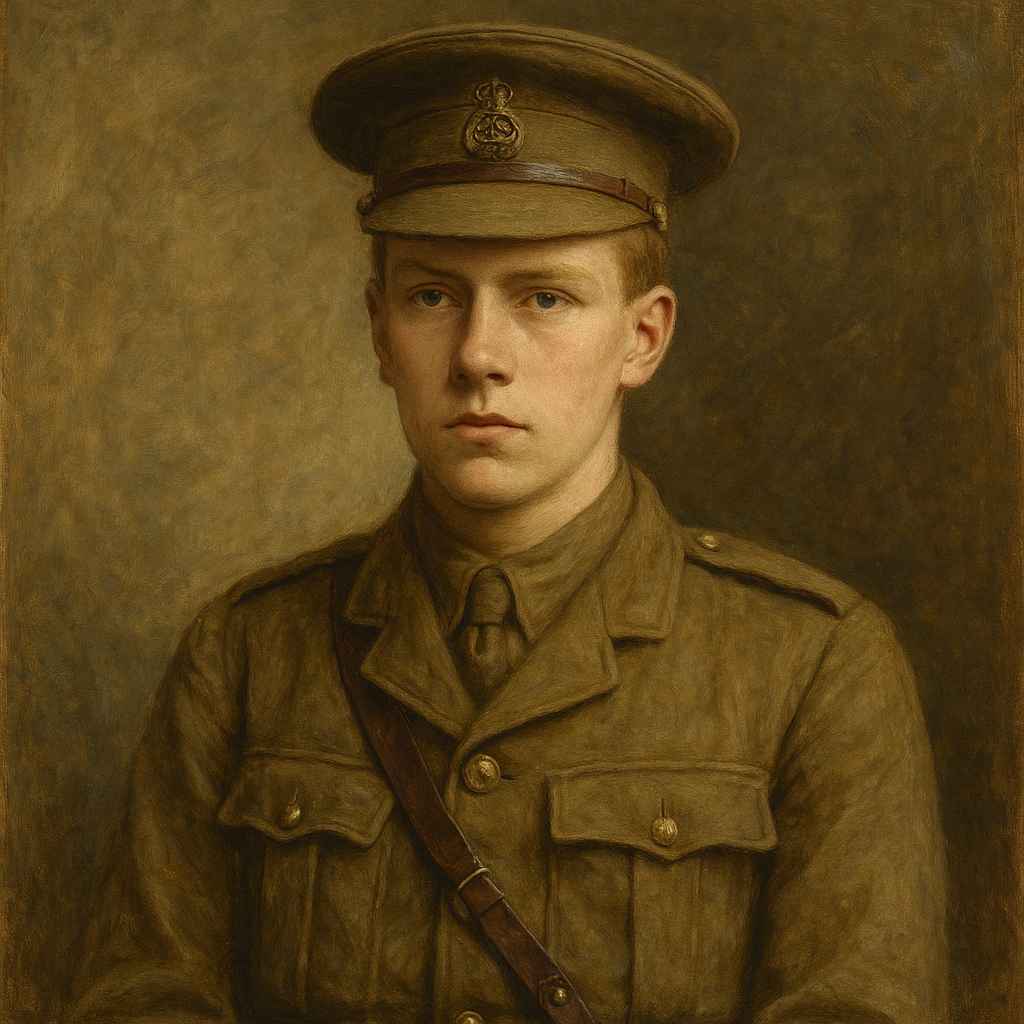Peer Gynt
Charles Sorley
1895 to 1915

When he was young and beautiful and bold
We hated him, for he was very strong.
But when he came back home again, quite old,
And wounded too, we could not hate him long.
For kingliness and conquest pranced he forth
Like some high-stepping charger bright with foam.
And south he strode and east and west and north
With need of crowns and never need of home.
Enraged we heard high tidings of his strength
And cursed his long forgetfulness. We swore
That should he come back home some eve at length.
We would deny him, we would bar the door!
And then he came. The sound of those tired feet!
And all our home and all our hearts are his,
Where bitterness, grown weary, turns to sweet,
And envy, purged by longing, pity is.
And pillows rest beneath the withering cheek,
And hands are laid the battered brows above,
And he whom we had hated, waxen weak,
First in his weakness learns a little love.
Charles Sorley's Peer Gynt
I am busy working to bring Charles Sorley's "Peer Gynt" to life through some unique musical arrangements and will have a full analysis of the poem here for you later.
In the meantime, I invite you to explore the poem's themes, structure, and meaning. You can also check out the home page for other musical arrangements or learn more about Charles Sorley's life and contributions to literature.
Check back soon to experience how "Peer Gynt" transforms when verse meets melody—a unique journey that makes poetry accessible, engaging, and profoundly moving in new ways.
Want to join the discussion? Reopen or create a unique username to comment. No personal details required!



Comments
No comments yet. Be the first to comment!